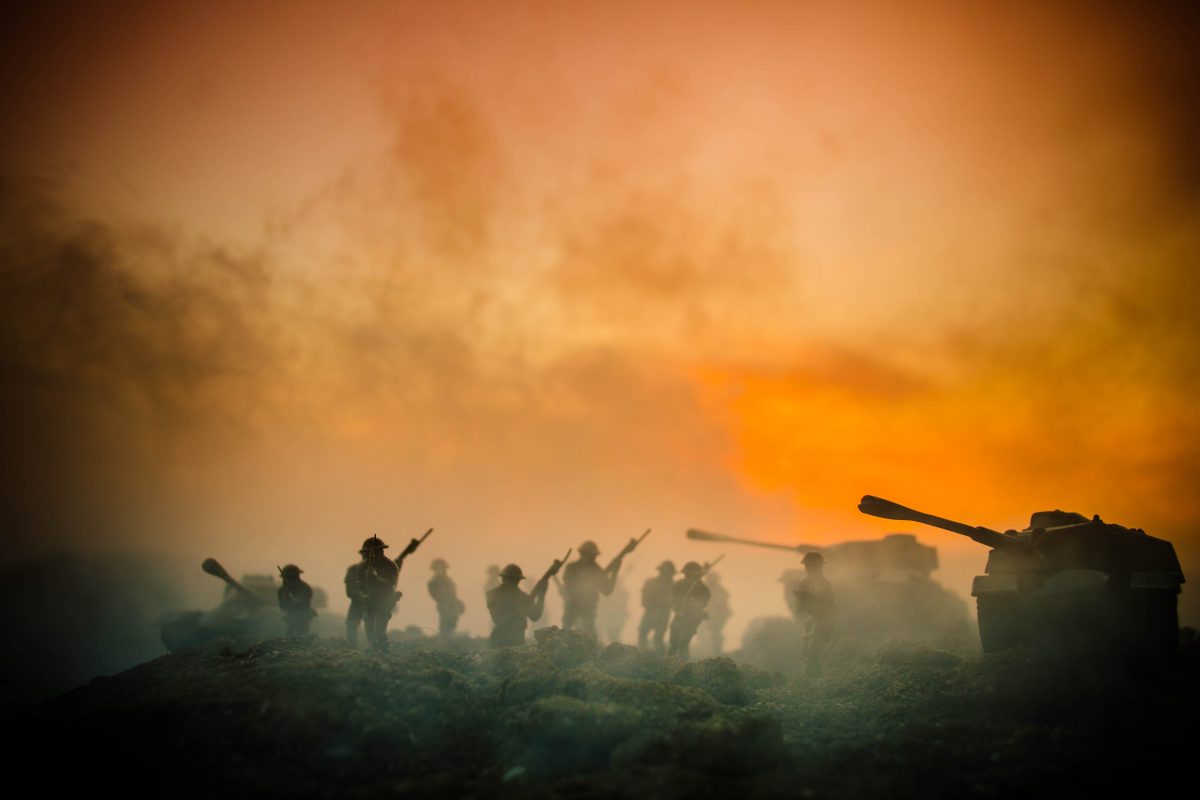70 years ago this week the US ushered in the atomic age by dropping atomic bombs upon the Japanese cities of Hiroshima and Nagasaki. Decades later, controversy and misinformation still surround nuclear weapons. With this in mind we republish an earlier article analysing the politics of nuclear weapons
By Adnan Khan
The Iran-US nuclear negotiations that began 2nd March received significant media attention as Prime Minister Benjamin Netanyahu of Israel used the US Congress platform to warn against what he called a “bad deal” being negotiated with Iran to freeze its nuclear program, bringing to a culmination a drama that has roiled Israeli-American relations for weeks. In an implicit challenge to US President Obama, Netanyahu told a joint meeting of Congress that Iran’s “tentacles of terror” were already clutching Israel and that failing to stop Tehran from obtaining nuclear weapons “could well threaten the survival of my country.” The deal Mr. Obama seeks will not prevent a nuclear-armed Iran, he said, but “will all but guarantee” it.[1] Iran’s nuclear weapons programme has been a constant feature of the global political scene for the past decade making the politics around its nuclear programme as significant as the weapon itself. Despite its destructive capabilities, the politics of nuclear weapons is a significant factor in global politics and this can be seen from five areas.
Firstly, nuclear weapons play a critical role in the global balance of power and global institutions. Possessing a nuclear programme and nuclear weapons gives a nation strength in global issues and any nation with designs on such a nation would need to think twice about the repercussions. The political strength they afford a nation is very significant as such a nation would need to be taken seriously on the international scene. The world’s powers all possess a nuclear capability and work to restrict other nations from developing such a capability. In the case of Britain, who is reducing its military budget due to the economic environment and its general decline in international politics, it is still attempting to maintain its nuclear arsenal, despite a lack of resources, as without them it would not be be considered a serious power in the world.
Secondly, nuclear weapons act as a strategic deterrent for weaker nations or nations facing overwhelming odds. Pakistan’s reason for pursuing a nuclear programme was to deal with the overwhelming quantitative imbalance in the face of India’s conventional threat. With its 36 divisions and over 1.1 million strong army, Pakistan’s forces would be overwhelmed. This imbalance was balanced though Pakistan’s pursuit of nuclear weapons. Similarly Israel is surrounded by Muslim nations. Egypt the largest country in the region and with a population 11 times the size of Israel can field a military that will outnumber Israel. This means Egypt can absorb casualties at a far higher rate than Israel. This would mean the Egyptian military can engage in an extended, high-intensity battle that would break the back of the Israeli military with a rate of attrition that Israel cannot sustain. If Israel was forced to simultaneously engage with the other countries it shares borders with, dividing its forces and supply lines it will run out of troops long before Egypt, even if Egypt were absorbing far more casualties. The pursuit of nuclear weapons was to readdress this. Even for nations such as the US, Russia, France, Britain and China, deterrence though retaliatory strikes was pursued to deter each other nuclear armed states. The pursuit of nuclear capable Submarine launched Ballistic missiles (SLBM), which would survive a nuclear strike, in the event of war, due to being as sea is to deter other nuclear armed states.
Thirdly, war is the continuation of politics through other means and nuclear weapons despite their lethality have not been used by anyone in the last 50 years. The US had developed a nuclear capability by the time it attacked Japan in 1945, it however never used its nuclear weapons despite being stalemated in the Korean war, losing in Vietnam and failing to defeat the enemy in both Iraq and Afghanistan. The Soviet Union lost the war in Afghanistan and still did not use its nuclear weapons. China lost a war with Vietnam in 1979 and never used its nuclear weapons. France lost in the Algerian war of independence in 1962 and despite possessing a nuclear capability it never used its weapons. Israel has also lost wars to both Hamas and Hizbullah, but never used its nuclear weapons. In all of these cases, war was pursued to meet political objectives and nuclear weapons would not have altered the outcome. This proves nuclear weapons are a political tool. But as a political tool they can also fail to achieve their intended political aim. Despite the US possessing nuclear weapons both the Viet Cong and the Taliban bled the US military dry.
Fourthly, the only use of nuclear weapons was by the US in Japan in 1945, after WW2 had effectively ended. There is no military justification or explanation for this, despite avid historical claims that a nuclear attack saved both US and Japanese lives. Admiral William Leahy – the highest ranking member of the US military from 1942 until retiring in 1949, who was the first de facto Chairman of the Joint Chiefs of Staff, and who was at the centre of all major American military decisions in WW2 explained in his memoirs: “It is my opinion that the use of this barbarous weapon at Hiroshima and Nagasaki was of no material assistance in our war against Japan. The Japanese were already defeated and ready to surrender because of the effective sea blockade and the successful bombing with conventional weapons.”[2] General George C. Marshall, the US Army Chief of Staff during WW2 who oversaw the Manhattan project, confirmed: “it was not a military decision, but rather a political one.”[3] The US used the atomic bomb to show it was the new power in the world – an inherently political aim.
Fifthly, in the Middle East there exists a political and military balance between Israel, Egypt, Saudi Arabia and Iran. No one nation controls the region and the capabilities of all these nations, both conventional and unconventional is a factor each must consider before any major political attempt to dominate the region. Israel lacks strategic depth, the country has less than 21,000 km2 of land, which makes it smaller than Wales in the UK. This has resulted in a small labour force and a limited economic and industrial base. Unable to field a large army compared to others in the region, due to its small population, Israel must rely on its reserves. The basic challenge of Israel is its national security requirements outstrip its economic-military capabilities. It has tried to overcome this by maintaining a Qualitative Military Edge (QME) over its Arab neighbors — the concept that Israel must rely on superior equipment to compensate for its small population. Nuclear weapons are a central feature of QME. When Iran becomes capable of enriching uranium to nuclear bomb level, it already has delivery systems to deliver this and this will alter the strategic balance in the region. Whilst it’s unlikely Israel would ever launch a nuclear strike – as Israel itself would be affected by the radioactive fallout. Being the only nuclear armed state in the region is a political issue for Israel and explains Netanyahu’s constant venom of Iran pursuing nuclear weapons, which he did once again in his speech to the US Congress.[4]
There are many myths that surround nuclear weapons – proliferation, rogue states getting their hands on a nuclear device or terrorists stealing a nuclear weapon. But it is their political power in terms global recognition as tools of powerful nations that make them an invaluable tool for those who have global political ambitions. Despite nuclear weapons being a weapons platform for war they have rarely been used as such and have been primarily used as a political tool. All weapons of war are nothing without a strategy and there is no strategy without politics. This is why war is politics through other means.
[2] William D. Leahy, I Was There, The American Military Experience, 1979, Ayer and co pub, pg 441






One comment
Pingback: The Politics of Nuclear Weapons | aqeelthoughts